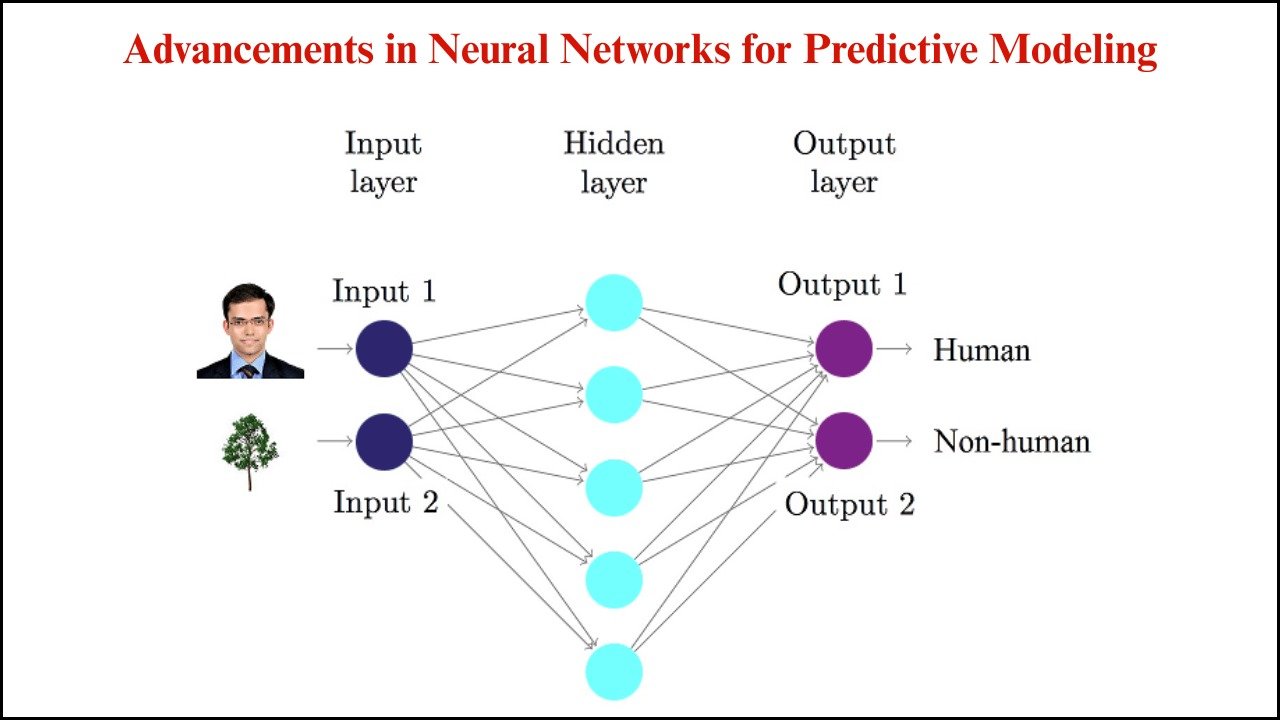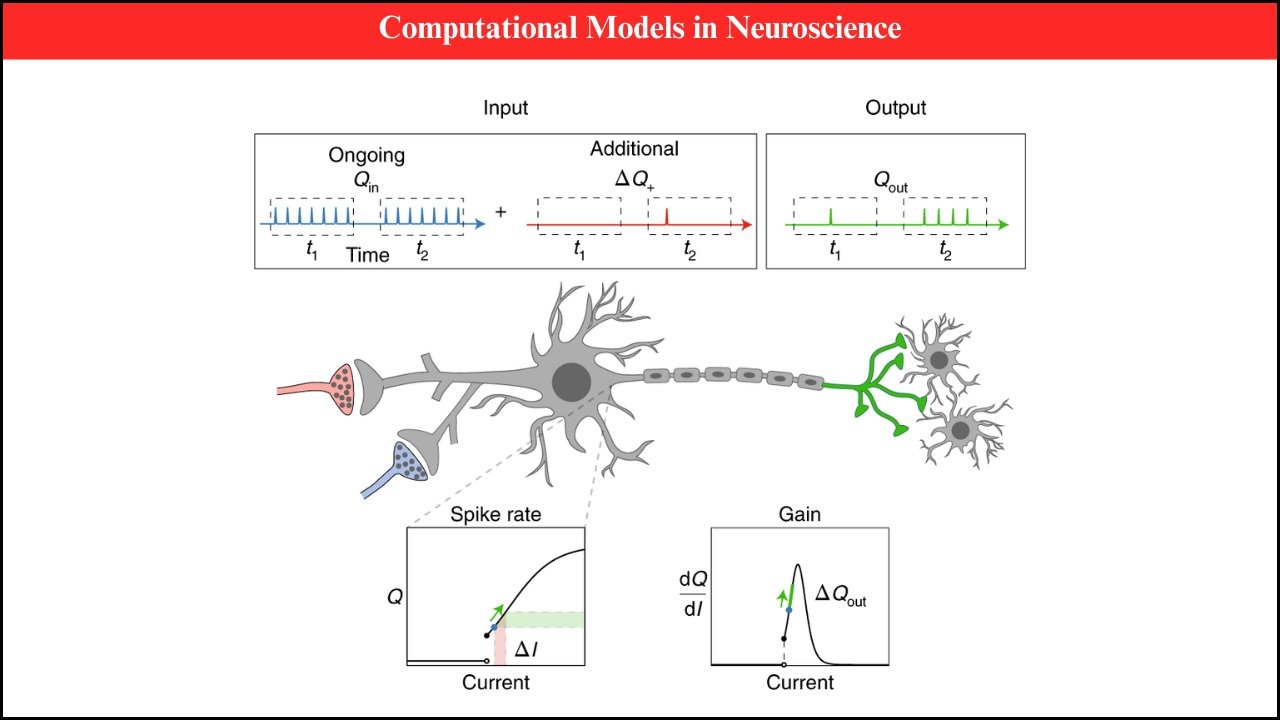
Data science education in Southeast Asia is undergoing a significant transformation, driven by rapid technological advancements and the increasing demand for data-driven decision-making across various sectors. Educational institutions, governments, and industry leaders are collaborating to equip students with the necessary skills to thrive in a data-centric world. This article explores the current trends in data science education across the region, highlighting key developments and initiatives shaping the future workforce.
Table of Contents
Growth of Data Science Programs
- Expansion of Academic Offerings: Universities across Southeast Asia are introducing specialized degree programs in data science, artificial intelligence (AI), and machine learning to meet the growing demand for skilled professionals.
- Interdisciplinary Approach: Programs are increasingly integrating data science with fields such as healthcare, business, and engineering, providing students with a comprehensive skill set applicable to various industries.
- Online and Hybrid Learning Models: The adoption of online and hybrid learning formats has made data science education more accessible, allowing students to pursue studies remotely and at their own pace.
Government Initiatives and Policy Support
- National Strategies for Digital Transformation: Governments are implementing national strategies to promote digital literacy and data science education, aiming to build a digitally skilled workforce.
- Investment in Infrastructure: Significant investments are being made in digital infrastructure, including the establishment of data centers and cloud computing facilities, to support data science education and research.
- Public-Private Partnerships: Collaborations between governments, educational institutions, and industry players are fostering innovation and providing students with real-world experiences.
Industry Collaboration and Internship Opportunities
- Partnerships with Tech Companies: Universities are partnering with leading technology companies to offer students access to cutting-edge tools and platforms, enhancing their learning experience.
- Internship and Placement Programs: Strong ties with the industry facilitate internship and placement opportunities, enabling students to apply theoretical knowledge in practical settings.
- Curriculum Alignment with Industry Needs: Educational programs are being designed in consultation with industry experts to ensure that the curriculum aligns with current market demands and technological trends.
Focus on Data Literacy and Upskilling
- Incorporation of Data Literacy in School Curricula: Primary and secondary schools are integrating data literacy into their curricula to foster early interest and proficiency in data-related subjects.
- Upskilling Programs for Professionals: Continuous learning opportunities, such as workshops and certification courses, are being offered to professionals seeking to enhance their data science skills.
- Community Outreach and Awareness Campaigns: Initiatives aimed at raising awareness about the importance of data science education are being conducted to encourage broader participation.
Challenges and Opportunities
- Shortage of Qualified Educators: There is a need for more qualified instructors with expertise in data science to meet the growing demand for education in this field.
- Access to Resources: Disparities in access to digital resources and infrastructure pose challenges, particularly in rural and underserved areas.
- Opportunities for Regional Collaboration: Sharing resources, best practices, and research findings among Southeast Asian countries can strengthen data science education across the region.
Future Outlook
- Integration of Emerging Technologies: The incorporation of emerging technologies such as AI, blockchain, and big data analytics into educational programs will enhance the relevance and applicability of data science education.
- Focus on Ethical and Responsible Data Use: Emphasizing the ethical implications of data collection and analysis will prepare students to navigate the complexities of data governance and privacy.
- Global Competitiveness: By continuing to invest in data science education, Southeast Asia can position itself as a global leader in the digital economy.
Closing Reflections
Data science education in Southeast Asia is evolving rapidly, driven by technological advancements and the increasing importance of data in decision-making processes. Through strategic investments, industry collaborations, and a focus on accessibility and inclusivity, the region is building a robust foundation for a data-driven future. Continued efforts to address challenges and leverage opportunities will ensure that Southeast Asia remains at the forefront of data science education globally.





